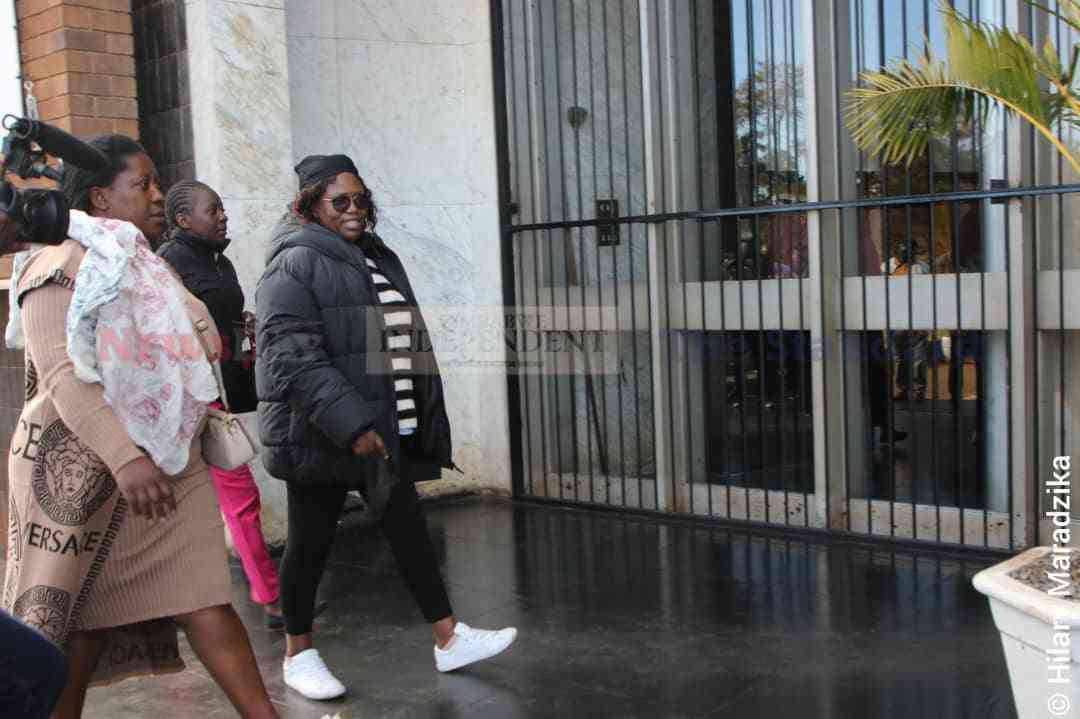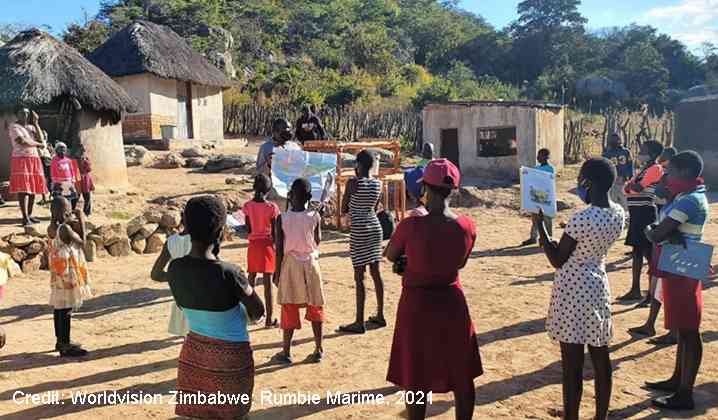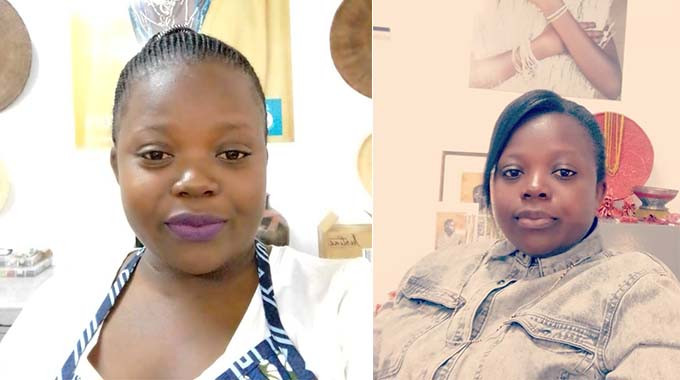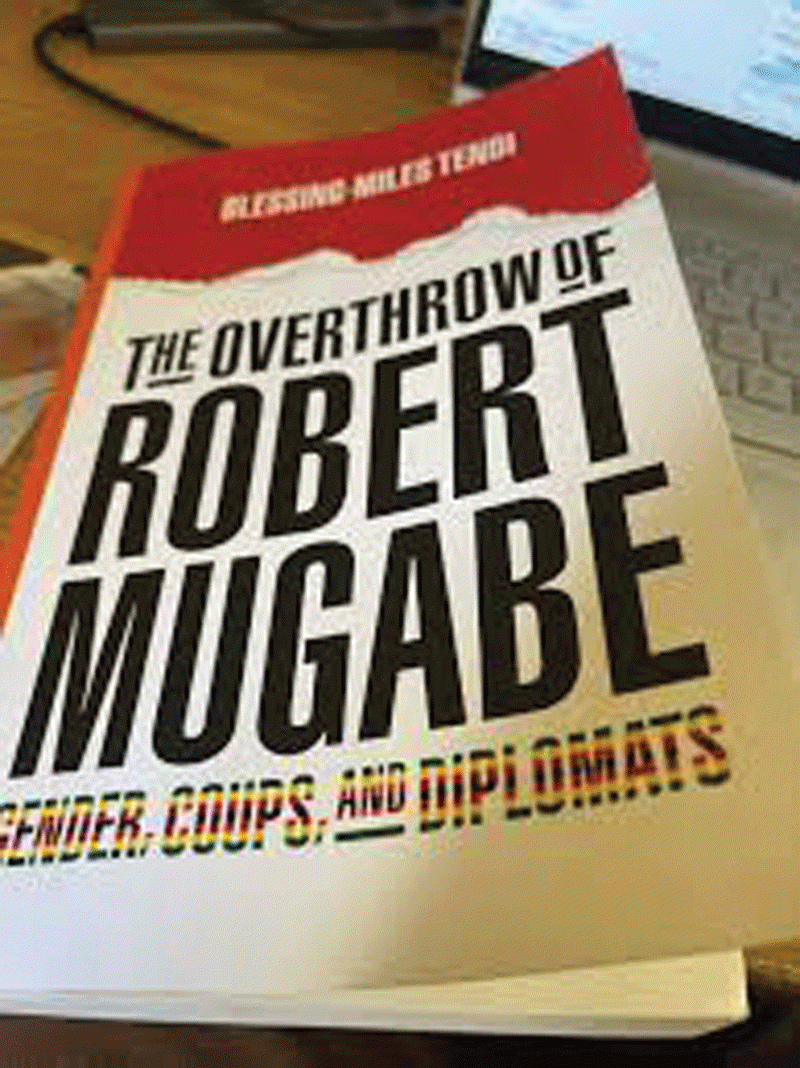
Who is Ben Mahaka? Certain elements of my work have been so visible that they have become my face in a way. I am a practising Christian (who, unfortunately, has come to the fold rather late). My life is centered around my family. I’m a filmmaker striving to influence the tone of our social messaging and growth of my industry.At what stage did you get interested in film and what inspired you to take that route as a career?If I had been forced to make a decision early in life, I would have tried my hand at racing cars, dancing professionally or flying airplanes. As a 17-year-old I got serious offers for driving and dance school, but my parents felt that it was unsafe (racing) and a distraction (dancing). Flight school was too expensive. With hindsight, I don’t think any of those careers would have been as rewarding as filmmaking, though.Tell me about your film projects. Can you describe the projects you are involved in?I am working on four projects at the moment. Two of them are long term projects. The most exciting one is profiling artists. It’s fascinating to hear discipline and focus spoken in the language of art –– common sense coming from a much more colourful part of the soul.A recurrent theme in all the research and interviews for that project is that all the successful artists I got to know have invested heavily in honing their skills –– whether it’s their voices or sculpting, musical instruments or acting. They have all worked very hard to refine their raw talent. And they can never really totally relax because they must constantly raise the bar to keep audiences engaged. I think it’s a message that needs to get out to all those starry-eyed kids who think they can hedge against “U”s at “O” level with a career in the arts.The other major project is about how the urban poor are getting on with life in spite of everything that has gone wrong. It’s a truly inspiring look and human resilience and the power of community action. How has it been working in Zimbabwe’s turbulent waters? I managed to sidestep the worst years of the economic crisis because I had a constant stream of media consultancies in neighbouring countries from 2001. Even when I was on Studio 263, I would take breaks to work on these projects. I think it’s a major triumph to be recognised as a professional in a results-based regional market. The main current challenge for me is attracting investment in film production whose main thrust is not overtly development oriented. Unfortunately, there’s still a widely-held belief amongst the educated in this country that the poor and uneducated cannot decipher simple human stories unless they are spelt out in big, bold, idiot-proof letters and shouted at megaphone levels. I strongly believe that we won’t have a true, self-sustaining industry without commercially viable productions that can stand on entertainment value.What is your motivation for the work you are involved in? Relevance and technical excellence! I don’t want to be a journeyman –– lost in the crowd. I want to produce work that stirs emotions in people. As an artist, I think one of the main aspects of success is provoking a reaction. I also want to be pushed and to grow. I need to do something that finally puts Tom Mbambo to sleep. For good! I need a new benchmark –– from behind the camera.If it were up to you, what would you do to improve the local film/television industry?I would do a lot of things, but the main thing is I would introduce sustained, structured training. That alone would weed out the chancers.Film is about structure, consistency and hard work and there are certain basic technical and creative tools that one just can’t do without. Local television is a bigger challenge because there’s little incentive for independent producers to produce content for local TV. Corporates are still spending their advertising dollars on print and billboards because they know it’s only a very narrow demographic with very little disposable income that’s watching local television. Development agencies are also spreading their communications budgets across a wider media spectrum. There’s no money to pay for content and there won’t be any money for content until certain fundamental structural issues are addressed.I believe the best thing that could happen to local TV is competition. A couple of small commercially run TV stations in Harare and Bulawayo could be the incentive needed to cut the wage bill and raise standards at our national broadcaster because the little advertisement that is available would have to be fought over. Why did you play the role of a villain in both studio 263 and Yellow Card? Does that bear any resemblance to your off-screen character?I was arm-twisted to at both auditions. I never wanted to act and I didn’t think I could play those roles with my personality, but the casting directors obviously saw a certain degree of ruthlessness in my demeanour that I wasn’t aware of. I struggled to play the soccer agent in Yellow Card, but there’s a period that I properly connected with the Tom character and enjoyed playing the role. Being on Studio 263 affected my off-screen character because, after a life spent only making contact with people within my (very small) immediate circle of family and friends, I was forced to learn some useful social skills. How has being married to Imelda influenced you as a person and as a professional?Imelda has nurtured my spiritual growth. You know the classic case of woman in church while husband sleeps in the car –– hungover? That was us a few years ago. My spiritual growth has been laboured, but Imelda has been patient. It’s a huge blessing to have a wife who gently steers you towards maturity.Professionally, she is my most honest critic. I don’t feel comfortable handing in an edit without first passing it under her nose. We don’t always agree, but it’s vital to have a discerning eye and ear to help put things into perspective. What are you interested in, in terms of music, movies and other activities?I’ve got an 11-month-old daughter who’s an absolute joy to be around. Musically, I’m loving Hope Masike, Thanda, FMM and Tuku. After a lifetime bingeing on American hip hop, it’s refreshing to lose myself in deep Zimbabwean music.
Ngoni Muzofa











